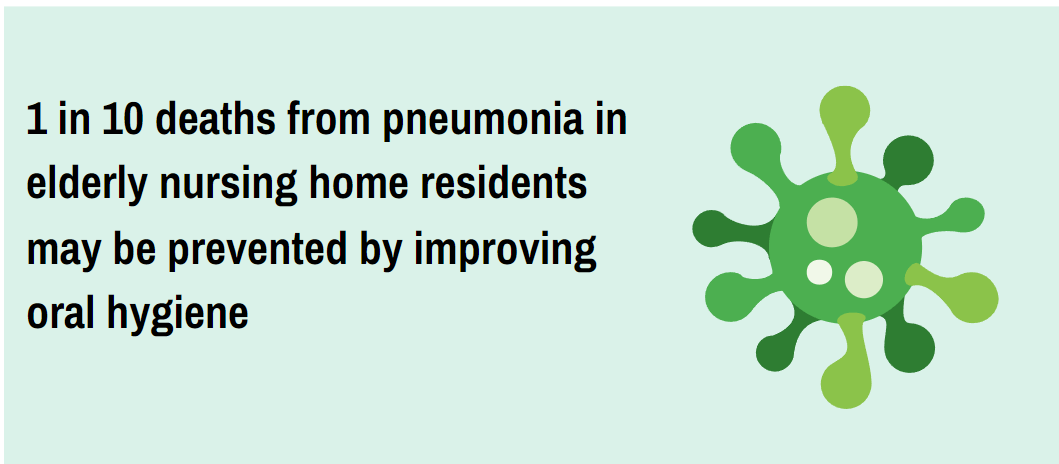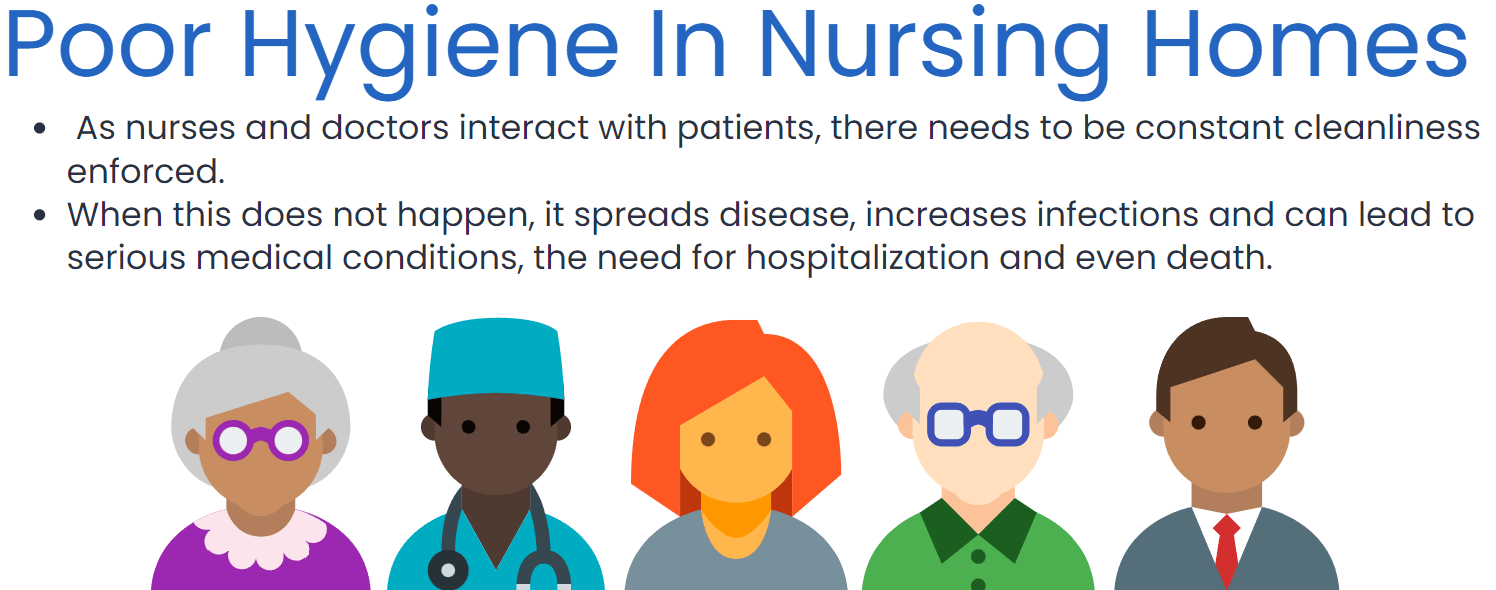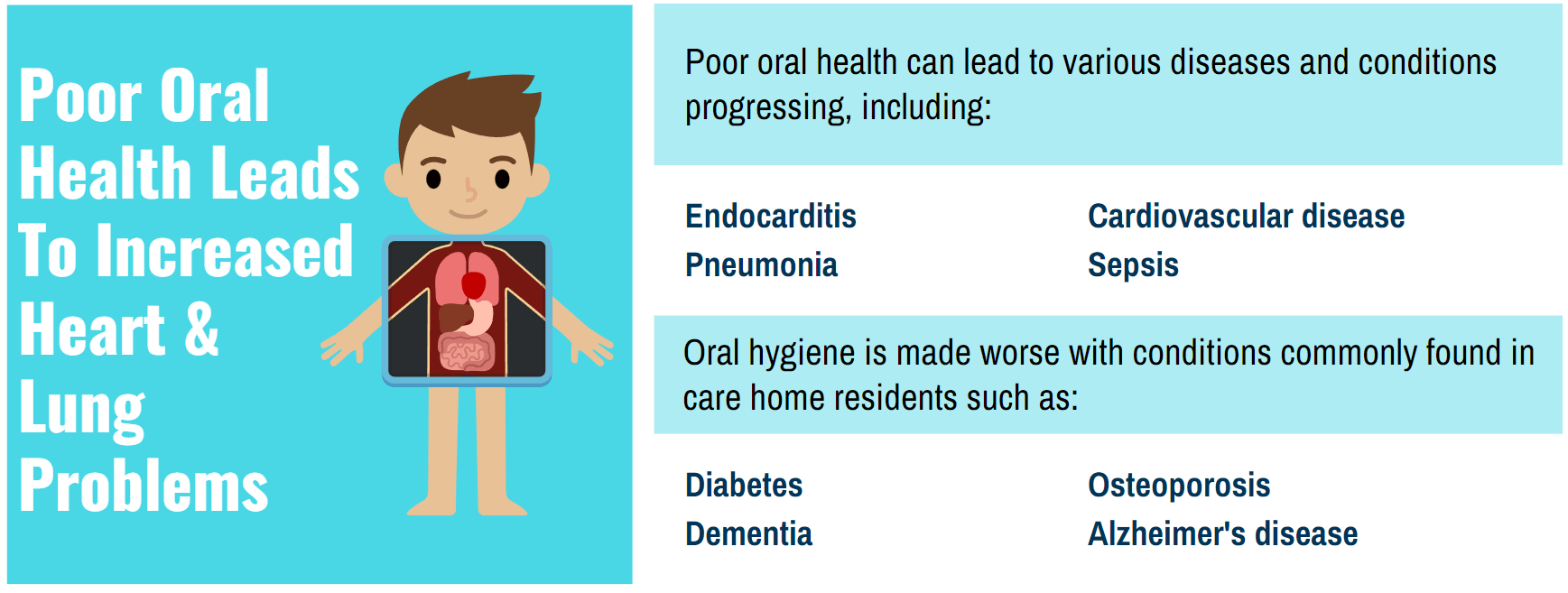Article Updated: April 4, 2022
Poor Hygiene in Nursing Homes
Having investigated over 500 nursing home claims, I see this all the time. Almost every nursing home litigation I handle has a component of poor hygiene, which is a form of neglect.
In serious cases, the poor hygiene results in terrible injuries such as bedsores or UTIs.
I’ll outline in this article some of the things I’ve learned in handling these cases over the years.
If you have case specific questions, I invite you to reach out via my contact information at the bottom of this page.
Clickable Table of Contents
Personal Hygiene in Nursing Homes
1 – Poor Hygiene In Nursing Homes
2 – Infections & Poor Hygiene In Nursing Homes
3 – Oral Hygiene In Care Homes
4 – Hand Hygiene In Care Homes
5 – Hygiene In Care Homes Q&A
Resources
6 – Help Get Answers About Hygiene in Care Homes
7 – Supporting Literature, Citations & Research
8 – About the Author
9 – Legal Help in Maryland & Nationally
Poor Hygiene In Nursing Homes
Poor hygiene in nursing homes is a serious problem that leads to many deaths every year that are preventable with even minor improvement in hygiene and cleanliness.
These hygiene problems can come from poor focus on oral health, lack of general hand washing protocols, as well as inadequate facility cleaning procedures.
All of these situations lead to the spread of disease that is often preventable. Even worse, many diseases become more virulent and even resistant to antibiotics because of poor hygiene.
These environments create a perfect home for the growth of drug-resistant strains of micro-organisms that are increasingly a serious problem.
Doctors, nurses and other healthcare professionals all interact with multiple patients a day and without proper hygiene protocols there is the constant threat of cross-contamination between different residents of long-term care homes.
Failure to craft and then enforce stringent hygiene rules both creates and then exasperates this problem of higher infection rates as well as higher rates of illness and death from preventable illnesses.
Poor Hygiene is A Preventable Problem
One of the most important things to remember about poor hygiene in nursing homes is that it is a truly preventable problem.
The leading cause of death from infection in elders has in fact been found to be pneumonia.
This single illness has also been found to be preventable in many with better oral hygiene.
However, oral hygiene is frequently neglected in nursing homes which leads to a number of preventable deaths taking place.
Proper oral hygiene, personal hygiene and facility hygiene can mitigate o prevent many illnesses in nursing homes.
Personal Hygiene Shortcomings in Nursing Homes is Abuse
Individuals who reside in nursing homes are not in full control of their own personal care or health. Many who reside in such facilities are there exactly because they need help with day to day activities including personal hygiene.
A nursing facility has a duty and responsibility to ensure that that at all times, there is proper personal hygiene, ranging from oral care, to personal care, being being given to all residents.
When these are not being adhered to and promoted, it is a form of abuse as it can cause the resident pain, discomfort and the onset of serious infections and even lead to death.
When the nursing home staff fail to do their due diligence and adhere to best practices, they are creating an environment that promotes the spread of disease and illness. On the other hand, when they do adhere to proper personal hygiene practices, they can help prevent these infections and illnesses.
Families place their loved one in care homes to ensure that they are kept safe and treated in a way that promotes their well-being. Failure to provide this an abuse of the trust that families place in care homes.
In this sense, inadequate hygiene is a form of abandonment, neglect, and abuse, all in one. Evidence of poor hygiene, when combined with a significant injury, usually assists me in getting full justice and holding the bad nursing home accountable for underlying breaches in safety protocols and standards of care.
Infections & Poor Hygiene In Nursing Homes
Nursing home provide residents with both short-term and long-term care for many reasons.
This can include the need for post-operative care, long-term residential care, or as a place to reside for as long as is needed to recover from medical conditions.

Upwards of 1/3 of residents in these homes can go on to contract multidrug-resistant organisms (MDRO) that colonize in the often unhygienic environment of nursing homes.
These MDROs are incredibly dangerous and cause a plethora of health problems in elderly residents.
Infectious diseases like methicillin-resistant Staphylococcus aureus are highly prevalent in both “residents and environments” in a long term care facility and here we can see a clear pattern of poor hygiene leading to serious problems in healthcare.
Oral Hygiene In Care Homes
Oral hygiene in nursing homes is severely inadequate and conditions like periodontitis have been found in as many as 66 % of patients in nursing homes.
Oral hygiene, which includes denture hygiene, tooth care, gum care and overall periodontal health is so severe that it adds to the spread of infections and conditions that could be prevented.
Patients with conditions like dementia and Alzheimer’s have even higher rates of periodontitis and other preventable oral health issues.
One major reason that this poor oral care leads to advanced health problems is that infections
Spread from the mouth, gums and teeth to the heart and lungs causing irreversible and fatal medical conditions.
These infections in the mouth and gums have even led to serious conditions like sepsis and endocarditis that have gone on to kill patients.
Hand Hygiene In Care Homes
In some nursing homes even the most basic preventative measures to control illness and disease are not adhered to.
Multiple studies have been done on things like hand hygiene and 63% of these studies have shown that this alone can help control the spread of infectious disease.
Despite it being common knowledge that hand washing can reduce the total number of illnesses and lower respiratory tract infections many nursing homes fail to adhere to proper hygiene standards.
Most nurses and nursing managers have high levels of knowledge regarding hand hygiene procedures and while the needed tools were available compliance to standards was not as high as it could be.
Poor hygiene in nursing homes happens because care home workers are often stretched thin and overworked. This leads to basic standards being ignored or treated with laxity.
What may seem like a simple rule, like washing your hands, gets ignored or forgotten.
For many care home workers this may not seem like a big deal in the moment, but it can add up and lead to serious health problems over time.
Hygiene In Care Homes Q&A
Why is personal hygiene in nursing homes so frequently poor?
Personal hygiene is poor in nursing homes because they are frequently short-staffed which leads to basic standards of care being ignored.
How does hygiene in care homes add to the spread of drug resistant illnesses?
Poor personal hygiene in nursing homes leads to the creation of drug resistant illnesses because these unclean environments are amenable to the spread and cross-contamination of microorganisms.
Can poor hygiene in nursing homes lead to death?
Yes, poor hygiene in nursing homes can lead to death from illnesses that could be prevented through better cleanliness practices. Medical conditions like pneumonia for example are often made worse and lead to death because of poor oral hygiene in nursing homes.
Does dementia add to personal hygiene in nursing homes being poor?
Dementia and other cognitive impairments have been linked to higher rates of poor hygiene in nursing home residents. Those who have certain conditions like dementia are often neglected in nursing homes when it comes to their hygiene.
Is poor hygiene in nursing homes a form of abuse?
Yes, poor hygiene standards can be a form of abuse in nursing homes because those residents cannot care for themselves and are under the control of a facility that is responsible for ensuring their well-being and health. When this responsibility is ignored, the results are a form of abuse.
Help Get Answers About Hygiene in Care Homes
Poor personal hygiene in nursing homes can lead to death from preventable diseases and also create conditions where residents are continuously ill. When you place someone you care for in a nursing facility, the last thing you expect is for them to be subjected to poor hygiene, illness and potential death.
If someone you care about has been placed in such conditions, you will need help navigating the complicated legal process of getting justice for the abuse they suffered.
If you need help for any part of this process, or you just have questions regarding what you should do next, you can contact me any time.
You can send a private message via the contact form on this page, call me, or email me directly via my personal email.
Warmly,
Reza Davani, Esq.
State Bar No.: #1212110211
Federal Bar No.: #30168
Cellphone: (301) 922-4598
Email: reza@nursinghometruth.com

Supporting Literature, Citations & Resources:
Zenthöfer, A., Baumgart, D., Cabrera, T., Rammelsberg, P., Schröder, J., Corcodel, N., & Hassel, A. J. (2017). Poor dental hygiene and periodontal health in nursing home residents with dementia: an observational study. Odontology, 105(2), 208-213.
Zimmerman, S., Austin, S., Cohen, L., Reed, D., Poole, P., Ward, K., & Sloane, P. D. (2017). Readily identifiable risk factors of nursing home residents’ oral hygiene: dementia, hospice, and length of stay. Journal of the American Geriatrics Society, 65(11), 2516-2521.
Lai, C. C., Lu, M. C., Tang, H. J., Chen, Y. H., Wu, Y. H., Chiang, H. T., … & Chen, Y. H. (2019). Implementation of a national quality improvement program to enhance hand hygiene in nursing homes in Taiwan. Journal of Microbiology, Immunology and Infection, 52(2), 345-351.
Hammerschmidt, J., & Manser, T. (2019). Nurses’ knowledge, behaviour and compliance concerning hand hygiene in nursing homes: a cross-sectional mixed-methods study. BMC health services research, 19(1), 1-13.
Müller, F. (2015). Oral hygiene reduces the mortality from aspiration pneumonia in frail elders. Journal of dental research, 94(3_suppl), 14S-16S.
Hocine, M. N., & Temime, L. (2015). Impact of hand hygiene on the infectious risk in nursing home residents: A systematic review. American Journal of Infection Control, 43(9), e47-e52.
About the Author
This nursing home and medical malpractice article was written by Baltimore, Maryland nursing home attorney Reza Davani, Esquire. Mr. Davani received his Juris Doctor degree from a Tier 1 law school, the University of Maryland Francs King Carey School of Law. He received his first license to practice law from the State of Maryland’s Court of Appeals (MD State License No. 1212110211), and just four months later received a federal law license from the United States District Court for the District of Maryland (Federal License No. 30168).
Mr. Davani has been practicing law for over 10 years. He began practicing law by helping clients as a sanctioned student lawyer before receiving his law license, and second chaired his first jury trial in federal court before even graduating law school. He is a registered member of the Maryland Association for Justice (MAJ), the American Bar Association (ABA), the American Association for Justice (AAJ), and was formerly on the MAJ’s Legislative Leader’s Circle.
Mr. Davani has taken over 20 cases to trial in state and federal court, and favorably settled well over 100 cases for injured victims. He has personally helped his clients recover over $15,000,000 in personal injury, medical malpractice, and nursing home abuse settlements and verdicts in Maryland and other states. He is dedicated to fighting for justice, and welcomes the opportunity to help you.
Nursing Home Abuse Lawyer Near You in Baltimore, Maryland & Beyond
I can help you anywhere in Maryland, including Allegany County, Anne Arundel County, Baltimore City, Baltimore County, Carroll County, Calvert County, Caroline County, Cecil County, Charles County, Dorchester County, Frederick County, Garrett County, Harford County, Howard County, Kent County, Montgomery County, Prince George’s County, Queen Anne’s County, Somerset County, St. Mary’s County, Talbot County, Washington County, Wicomico County, and Worcester County.
I have helped clients in over a dozen jurisdictions, including California, Delaware, District of Columbia, Georgia, Illinois, Iowa, Massachusetts, Maryland, Mississippi, New Jersey, New Mexico, New York, North Carolina, Pennsylvania, South Carolina, Washington, and Virginia.
I help injured victims nationwide in all 50 states on a case-by-case basis via Pro Hac Vice.





